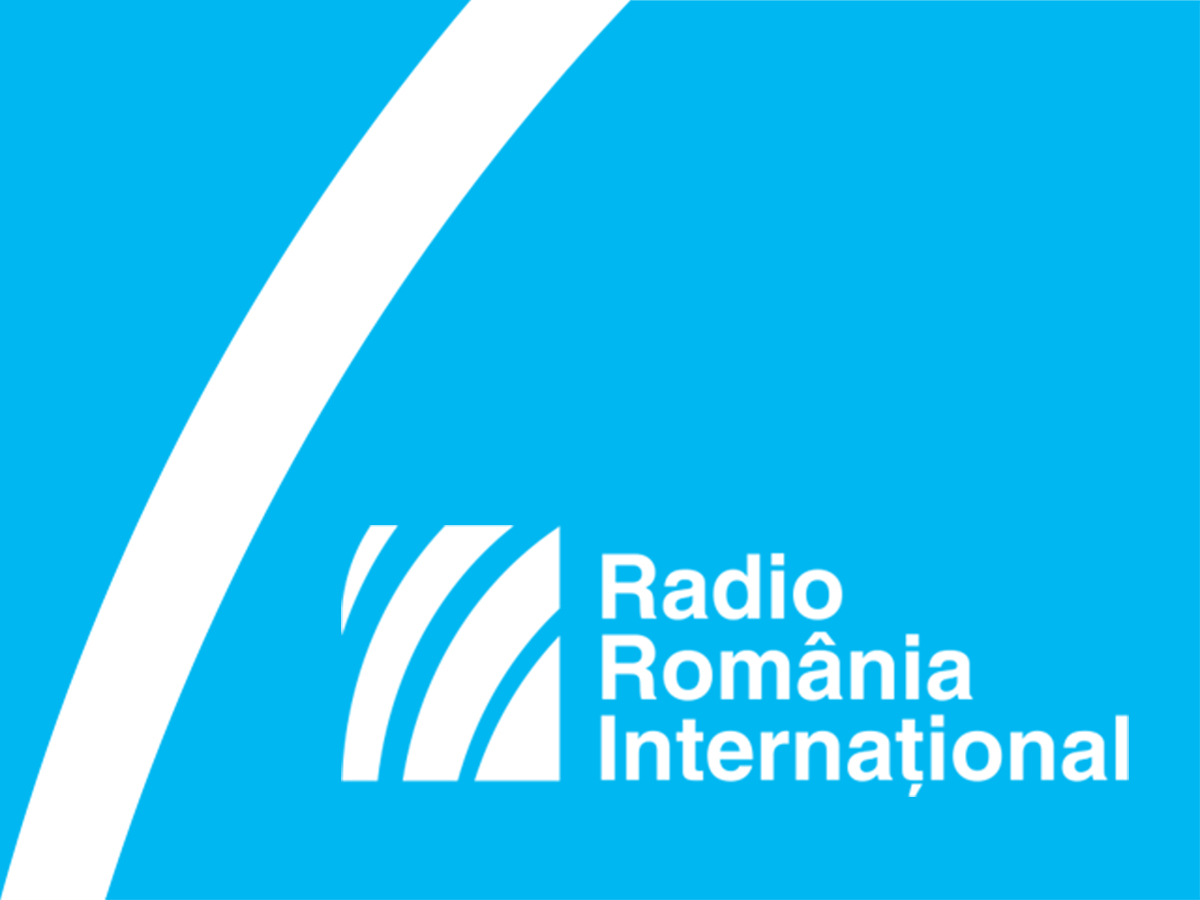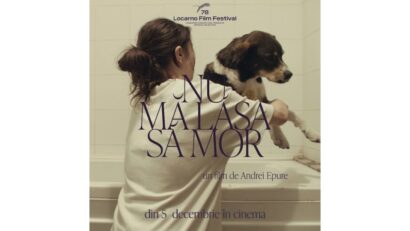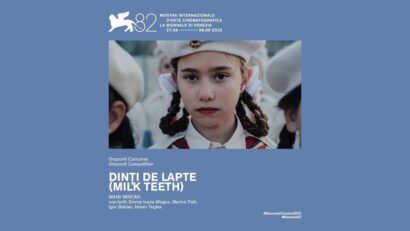“TATA”, a multi-award winning documentary
A personal story that moved audiences at festivals and received numerous awards.

Corina Sabău, 27.09.2025, 13:00
Having had its world premiere at the Toronto International Film Festival, “TATA” has been selected in numerous international festivals and has received the “Silver Horn” Award for directors of a film on social issues at the Krakow International Film Festival, the “Human Rights in Motion” Award at FIPADOC – International Documentary Film Festival in Biarritz, the “Alpe Adria Cinema” Award for best documentary and the Audience Award at the Trieste Film Festival, the Award for Best Documentary in the international competition at Verzio – International Documentary Film Festival for Human Rights, Hungary, the Award for Best Direction in the Central and Eastern European competition at Astra Film Festival in Sibiu and the Audience Award at “Les Films de Cannes à Bucarest”, 2024.
After the success of the documentary “Home”, awarded in prestigious international festivals, Lina Vdovîi and Radu Ciorniciuc return with a new film in which they combine their solid journalistic experience with a mature cinematic approach. “TATA” tells a story about inherited traumas, about the silence in families and about the abuses endured by Romanians who have gone to work abroad, in the hope of a better life. It all starts with a hidden camera investigation, carried out in Italy, where Lina Vdovîi documents the abuses suffered by her father at work. Beyond the investigation, the film opens a double exploration: of the present and of the painful past, which kept them apart for years. “TATA” thus becomes an intimate x-ray of family relationships and the way in which traumas can be transmitted or confronted. We spoke with Radu Ciorniciuc about how this second documentary, co-directed and co-written with Lina Vdovîi, was born and about the risk assumed, to be, together with his partner, part of this story that was built as it was filmed.
“The fact that we come from this area of journalism and that we have dealt with subjects that develop while you document them somehow helped us not to panic when the story we were preparing to film in Italy changed somehow or started to show signs of changing. At first, we had in mind an investigation through which we tried to solve the problem that Lina’s father was facing at work, having a violent boss there. We are actually talking about modern slavery and we went with all the equipment and all the energy towards this subject, we also left a hidden camera for Lina’s father, with which to document all these abuses. We taught him how to make this documentary not only from a technical point of view, but also ethically, because this is also a quite delicate process. Then the footage made by Lina’s father with the hidden camera appeared. It was a moment that made us take a different approach. We found out that Lina’s father had transformed the camera, this investigative device, into a diary, into a tool for direct communication with his daughter. Until then, there had been no extraordinary relationship between them, and when we also saw those footage intended for Lina, we realized that the film takes a rather dramatic turn and that it cannot exist without this component of the relationship between the daughter and her father.”
Journalists with Hammer to Nail wrote about the documentary: “A powerful exploration of transgenerational toxicity and a profound reflection on how – or if – we can escape it. With the camera often pointed at herself (thanks to Radu Ciorniciuc), Lina Vdovîi asks herself uncomfortable questions about her own past, about her father, and about the women in her family. Finally, having become a mother, she seems ready to break the chain and move on. Finally, at peace”.
We also spoke with Radu Ciorniciuc about the reactions of the audience present at the screenings: “Something extraordinary happened with the very first screenings we had in Toronto. We obviously had the experience of the previous film, “Home”, which we traveled with and thanks to which we had countless great meetings with the audience. But it had never happened to us before, and this was a recurring thing, to be stopped after every screening and after the Q&A sessions by people who wanted to share things from their lives, things that resonated with them because of this film. And this is an absolutely clear sign that the film is universal and that it manages to communicate the way we wanted. So to speak, we managed to press a button where it was needed, so that people opened up and were able to communicate, in turn, things that are difficult to communicate.”
The film produced by Monica Lăzurean-Gorgan, through Manifest Film, marks a new collaboration between the three filmmakers, after the success of the documentary “Home” (2020) – the first Romanian documentary selected and awarded in the World Cinema Documentary competition at the Sundance Film Festival (USA), selected at the European Film Academy Awards (EFA 2020) and the holder of over 40 national and international awards. (EE)






























